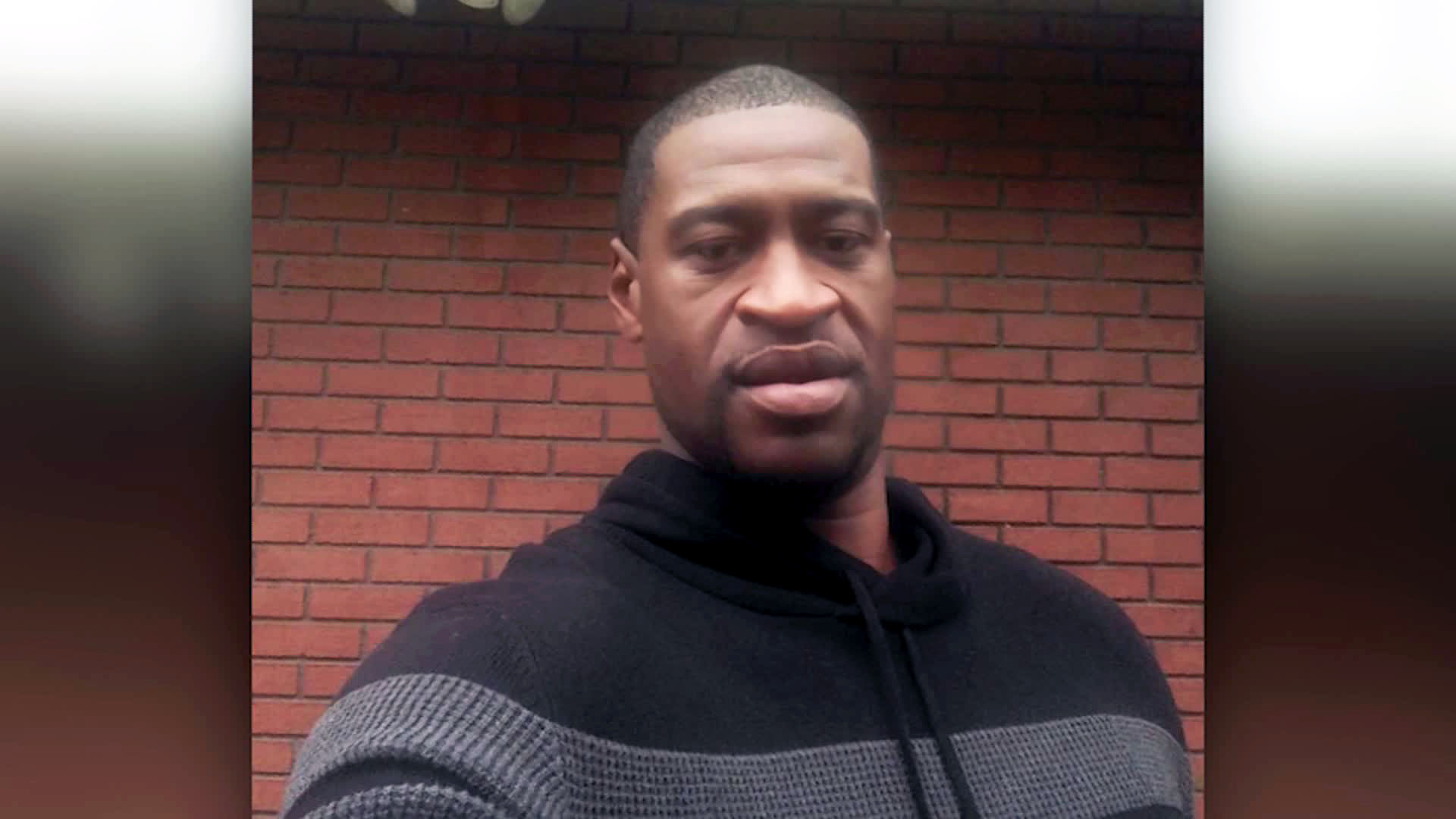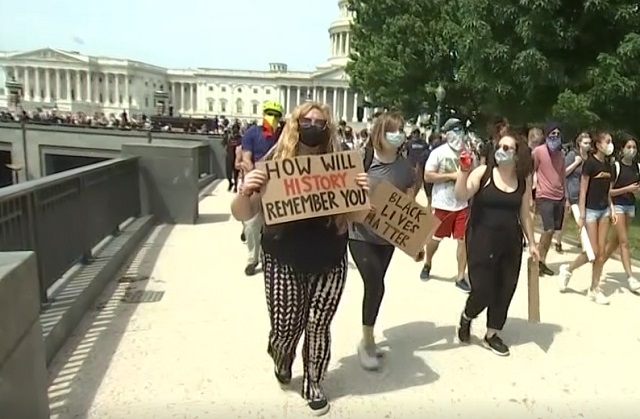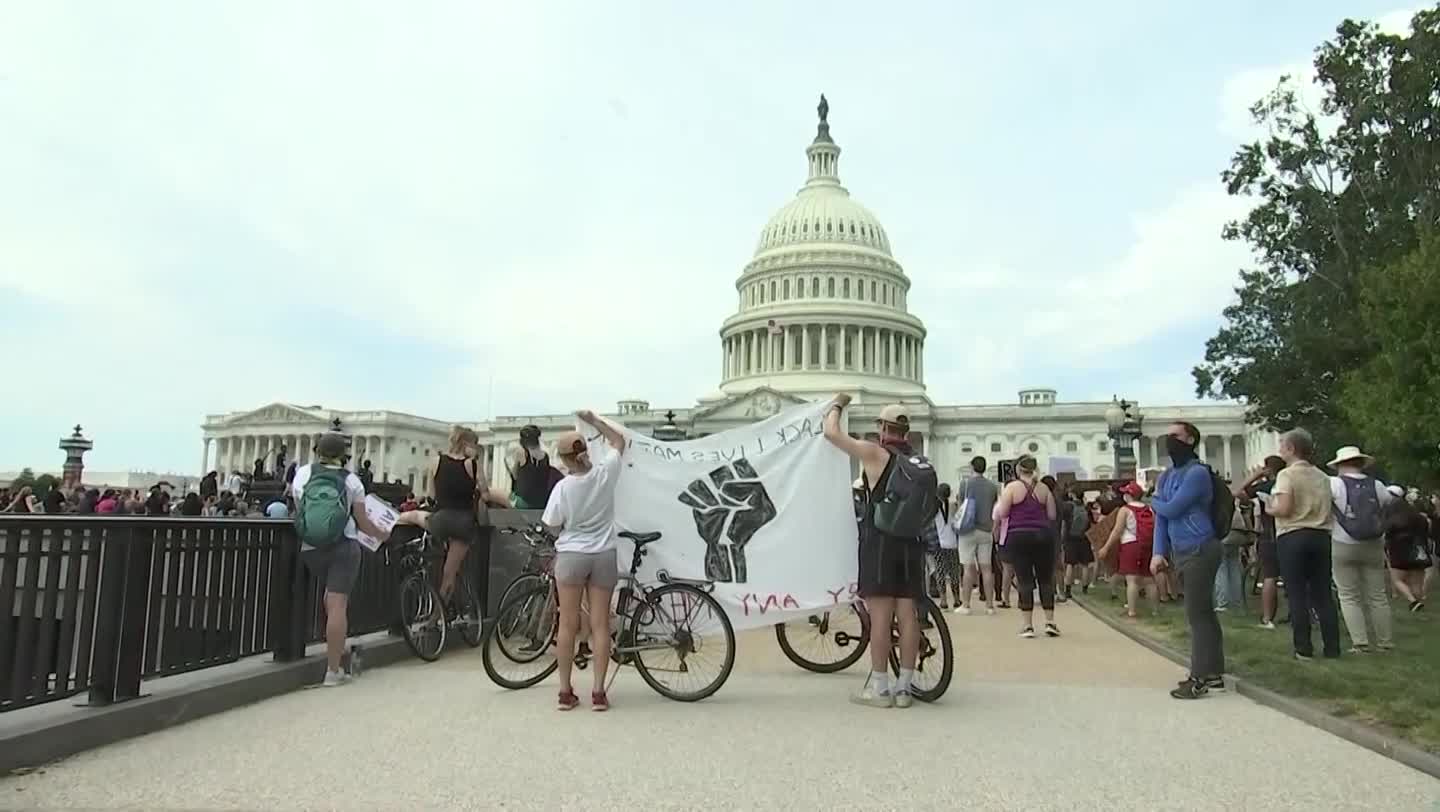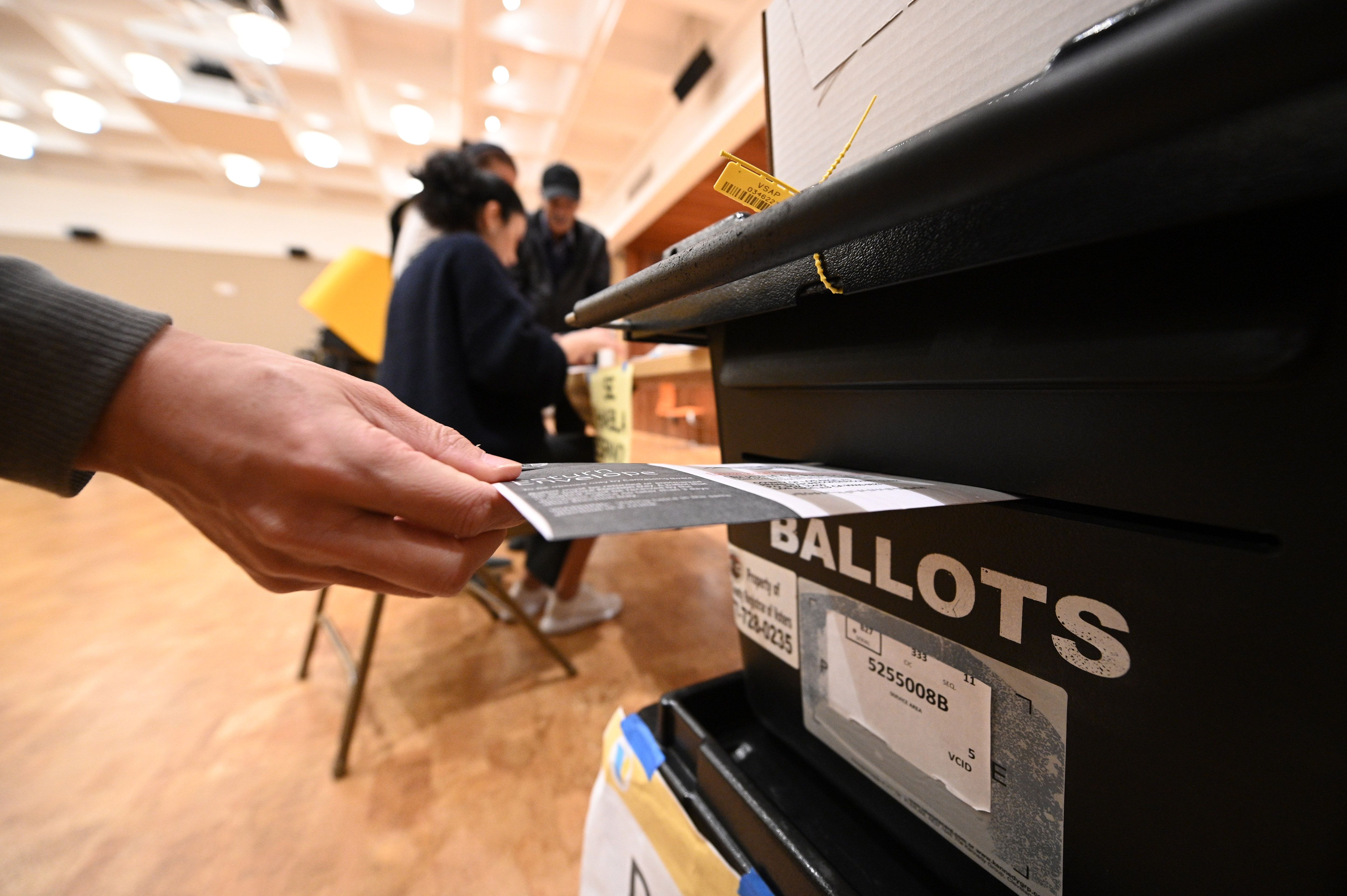NORMAN, Okla. – They were known as ‘sundown towns’ – all white towns where black Americans were not welcome after the sun went down.
“We had several sunset towns where there might be a sign posted coming into town. All people of colors should be out of town before sundown,” said George Henderson, a Norman resident.
The civil war had been fought. Slavery had been abolished. But the laws didn’t change the hearts and minds of Americans ingrained with a segregation mindset.
“It may not have been in the laws by this time, but it was tradition. It was in the hearts of people and it was still going on,” said Bob Blackburn, with the Oklahoma Historical Society.
An author who wrote a book on sundown towns found that more than 50 Oklahoma communities were possibly included in that category.
The largest ones were Edmond and Norman.
“Black people knew that Norman was not a place that you would stay beyond daylight,” said Henderson.
George and Barbara Henderson were told that when they moved to Norman in 1967.
They were the first African-Americans to buy a home in the town when George got a job at OU, becoming the university’s third full-time African-American faculty member.
“They said, ‘Don’t go. Norman is not a place for black people.’ He said, ‘Don’t go. You’ll be miserable,’” said George and Barbara.
Despite the advice, the Hendersons packed up their seven kids and moved across the country from Detroit to Norman; taking up residence on the same tree lined street where they live to this day.
Once they got there, they felt the push back.
“People would come and throw dirt, throw trash on the lawn. A feeble attempt at making a cross was thrown on the lawn. And I had a car that was egged,” said the Hendersons.
There was even a serious threat against their young daughter, who was only 5-years-old at the time.
“And our daughter was threatened with a gun. ‘If you step on our grass again,’ he said, ‘I’ll kill you, I’ll kill you,’” remembered George and Barbara.
But the Hendersons said they pushed back too.
George said what he taught his students, equal opportunity and housing rights, came to life for his family.
“It was my moment of truth. Either I believed those things or I did not, and was I willing to live them?” said George.
“We’ve got to remember that there was a time not long ago in my lifetime when a person of “color” would not be welcome in towns like Norman and Edmond,” said Blackburn.
Blackburn says it’s important to remember sundown towns and the lessons that can be learned from them.
“We have to understand racism. We have to understand death and destruction and hate. We have to understand all of these parts of our story if we’re going to learn from these lessons,” said Blackburn.
George and Barbara say for every bad thing that happened to them after they moved to Norman, there were two or three good things.
“When our white friends said, ‘Hey, that’s not us. We’ll help you pick up the garbage off the lawn. Come go with us to a play or come go with us to a movie,’” said George.
They say it is important to know the history of your town, but there’s also a time to move past it.
“Sundown towns are markers. They tell us how far we have gone or not gone. Norman’s not a sundown town now,” said George.
United Voice mission statement: A coalition of Oklahoma’s media outlets, brought together in a united voice to promote a healthy dialogue on race.

























